Market diversification, product diversification
In the context of the global economy experiencing unpredictable fluctuations, the need to find new markets has become more urgent than ever. Accordingly, for many years now, Vietnam has implemented a strategy of diversifying markets, diversifying products, and diversifying distribution channels to maintain and develop its position in international trade. One of the important factors is promoting the effective implementation of Free Trade Agreements (FTAs) that Vietnam has signed. Through FTAs, Vietnam not only has access to potential markets with preferential tariffs but also has the conditions to enhance competitiveness, improve product quality and participate more deeply in the global value chain.
The Ministry of Industry and Trade is the unit assigned by the Government to preside over and coordinate with ministries, branches and localities to support businesses to effectively utilize Free Trade Agreements (FTAs). To carry out this task, the Ministry has synchronously deployed many programs and activities from central to local levels to raise awareness, capacity and ability to utilize international commitments of the business community. The effective implementation of FTAs, especially new-generation FTAs such as CPTPP, EVFTA, RCEP, etc., has significantly contributed to the process of expanding and diversifying export markets with high tariff incentives. Thereby, creating conditions for Vietnamese enterprises to participate more deeply in the global supply chain and production network, promoting the transformation of the growth model towards sustainability and innovation. Not only opening up great opportunities for trade and investment, FTAs also act as a driving force for institutional reform, enhancing national competitiveness, and strongly stimulating the country's development potential in the process of deep international economic integration.
Sharing at the 2025 Business Forum recently organized by the Vietnam Federation of Commerce and Industry (VCCI), Mr. Nguyen Van Hoi, Director of the Institute for Strategy and Policy Research on Industry and Trade, emphasized the indispensable role of new generation FTAs such as CPTPP, EVFTA... These FTAs not only promote traditional trade but also include "non-traditional" areas such as environment, labor and transparency, setting higher standards for businesses.
The Director of the Institute for Strategy and Policy Research on Industry and Trade said that, to date, Vietnam has signed 17 Free Trade Agreements (FTAs). These FTAs not only promote exports and reduce production costs, but also contribute to perfecting policies and expanding opportunities for foreign investors. Thanks to that, Vietnam's export turnover has grown strongly, which is the result of multilateral and bilateral international cooperation.
At the Trade Promotion Conference with the Vietnamese Trade Offices Abroad in August 2025, Mr. Vu Ba Phu - Director of the Trade Promotion Department, Ministry of Industry and Trade also shared: the import-export target this year assigned by the Government to the Industry and Trade sector is extremely heavy but also full of expectations with the total export turnover of goods increasing by 12% and the trade surplus reaching about 30 billion USD.
Meanwhile, the trade picture in the first 8 months of 2025 shows many remarkable bright spots. In the first 8 months, the total import-export turnover nearly reached the 600 billion USD mark (estimated at 597.93 billion), up 16.3% over the same period last year. This is an important preparation step to bring the economy into the 2026 - 2030 period with the goal of sustainable growth, effectively taking advantage of the free trade agreements (FTAs) that Vietnam has signed.
Unlocking resources from EVFTA
Notably, the Free Trade Agreement between Vietnam and the European Union (EVFTA), which took effect in August 2020, has created an important boost in expanding export markets to the EU region - a large market with high purchasing power and strict standards.
Mr. Tran Ngoc Quan, Trade Counselor in Belgium and the EU, said that the EVFTA has brought great advantages to Vietnam. This is an opportunity for businesses to diversify their markets and increase their presence in Europe. This agreement has brought very positive benefits to two-way trade and to Vietnam's key export industries. Accordingly, since 2020 when the Agreement came into effect, two-way trade turnover between Vietnam and the EU increased from 55.4 billion USD in 2020 to 68.3 billion USD in 2024. However, according to Mr. Tran Ngoc Quan, along with opportunities, businesses will have to face many challenges from tightening food safety inspections, as well as extending safeguard measures for steel and alloys.
Sharing the same view, Ms. Nguyen Thi Hoang Thuy, Trade Counselor in Sweden, said that in the long term, when Europe returns to the orbit of sustainable development, only businesses that meet green standards and produce responsibly will maintain their position. This is a mandatory condition, no longer a choice.
Thus, Vietnam needs a synchronous strategy to maintain its advantages and expand its market share in the EU. In terms of policy, it is necessary to coordinate more closely with industry associations, tighten origin management to prevent evasion, and make the most of the EVFTA mechanism as well as other FTAs.
According to experts, finding breakthrough solutions does not only stop at innovating products and services, but also includes upgrading management capacity, applying digital technology, building brands, and effectively utilizing signed free trade agreements (FTAs) to expand the market... Not only stopping at expanding the market, businesses also need to improve export quality, promote localization rates, innovate technology and form sustainable supply chains, only then can they increase competitiveness and effectively utilize new generation free trade agreements. In addition, it is urgent to switch to a green, sustainable production model; invest in processing, packaging and traceability technology to meet strict EU standards from the beginning. Businesses must also seriously address warnings related to food safety to maintain market confidence. Thereby, contributing to enhancing Vietnamese brands' national reputation and creating a driving force for sustainable economic development.
Source: https://moit.gov.vn/tin-tuc/thi-truong-nuoc-ngoai/thuc-thi-hieu-qua-cac-fta-dong-luc-thuc-day-da-dang-hoa-thi-truong-va-san-pham.html


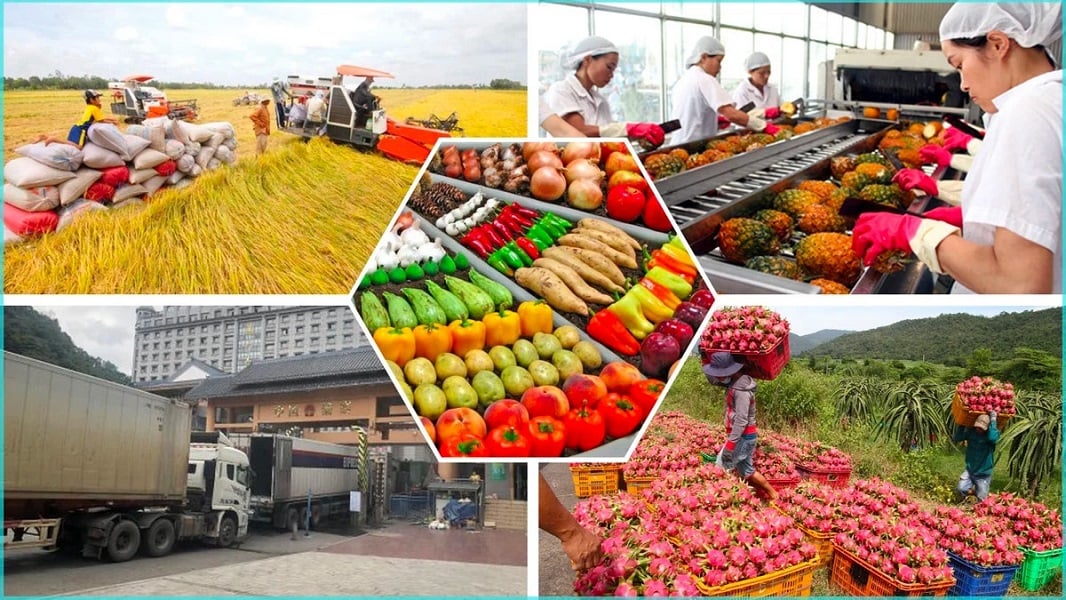



![[Photo] Discover unique experiences at the first World Cultural Festival](https://vphoto.vietnam.vn/thumb/1200x675/vietnam/resource/IMAGE/2025/10/11/1760198064937_le-hoi-van-hoa-4199-3623-jpg.webp)


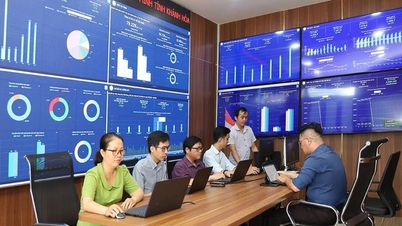


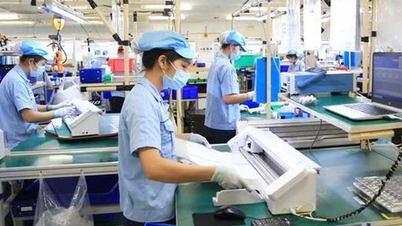
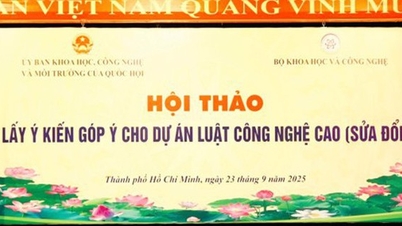
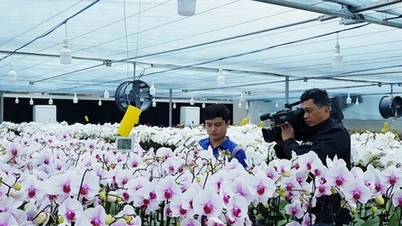





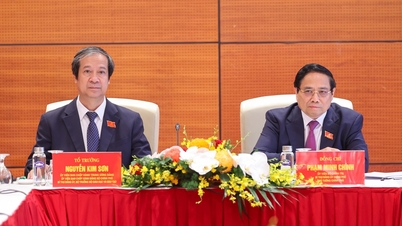

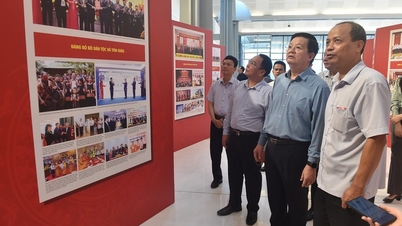

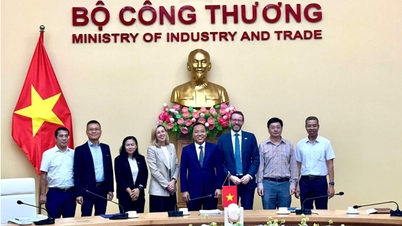
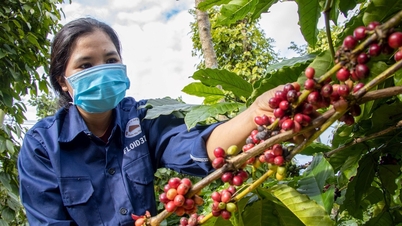
![[Photo] General Secretary attends the parade to celebrate the 80th anniversary of the founding of the Korean Workers' Party](https://vphoto.vietnam.vn/thumb/1200x675/vietnam/resource/IMAGE/2025/10/11/1760150039564_vna-potal-tong-bi-thu-du-le-duyet-binh-ky-niem-80-nam-thanh-lap-dang-lao-dong-trieu-tien-8331994-jpg.webp)



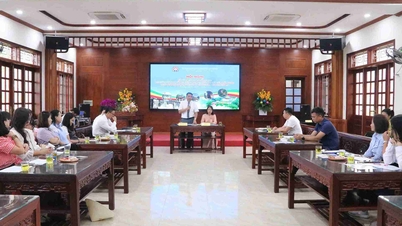



















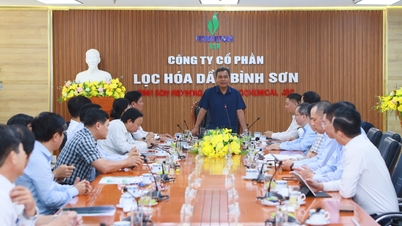









![[Photo] General Secretary attends the 80th Anniversary of the Traditional Day of the Armed Forces of Military Region 4](https://vphoto.vietnam.vn/thumb/402x226/vietnam/resource/IMAGE/2025/10/12/1760265970415_image.jpeg)



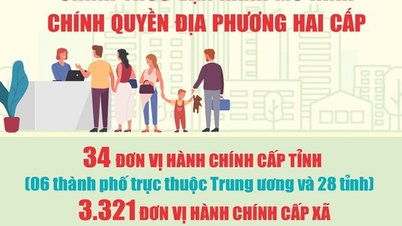
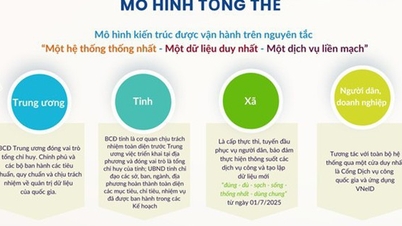
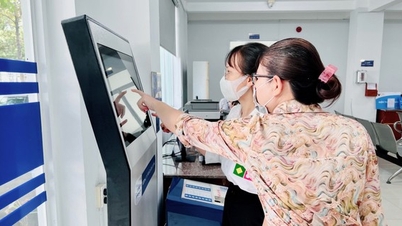
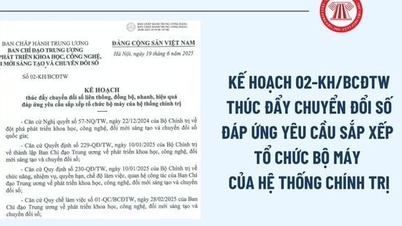
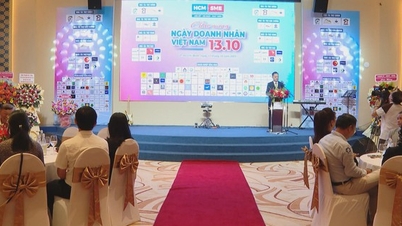



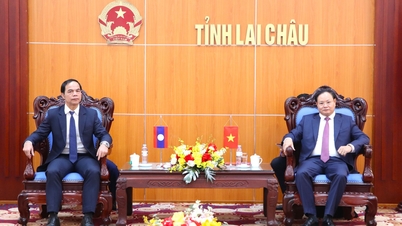
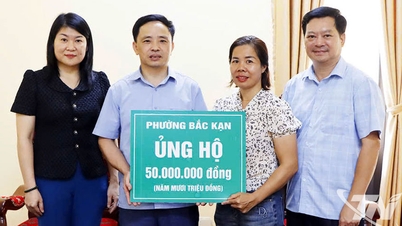

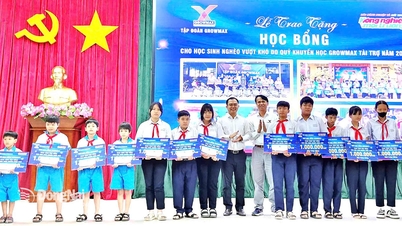

















Comment (0)